
For anyone who’s interested in Philosophy for Children, this is a great book – jam-packed with activity ideas, lesson plans and real-life anecdotes.
The chapter What Do I Know? includes brilliant ways to develop pupils’ critical thinking skills such as testing for truth and justifying opinions with evidence – ever more important in today’s world of social media and fake news…
Plato said that philosophy was only for grown-ups but David Shapiro argues that starting as early as possible is a much better idea. He, like me, has seen first-hand how it encourages young people to be better listeners and thoughtful speakers.
I highly recommend this podcast to anyone with an interest in oracy education
Let’s start talking about the impact screen time might be having on language development
An inspiring podcast on using classroom talk in a rich and meaningful way
What will your class make of these contrasting images of children’s lives around the world?
Sarah Lambert discussing what a high-quality oracy education looks like
Over 200 guides to help you do philosophy with children
Packed with example discussion scenarios, this book will help you raise your facilitation game
An inspiring and practical article that will help you improve talk for learning
A book exploring another helpful structure to promote high-quality talk
Strategies to help as many pupils as possible access philosophical enquiry
How one school is using philosophy to address community tensions and mental health
Full of practical ideas and lovely examples of children’s words; I recommend this book




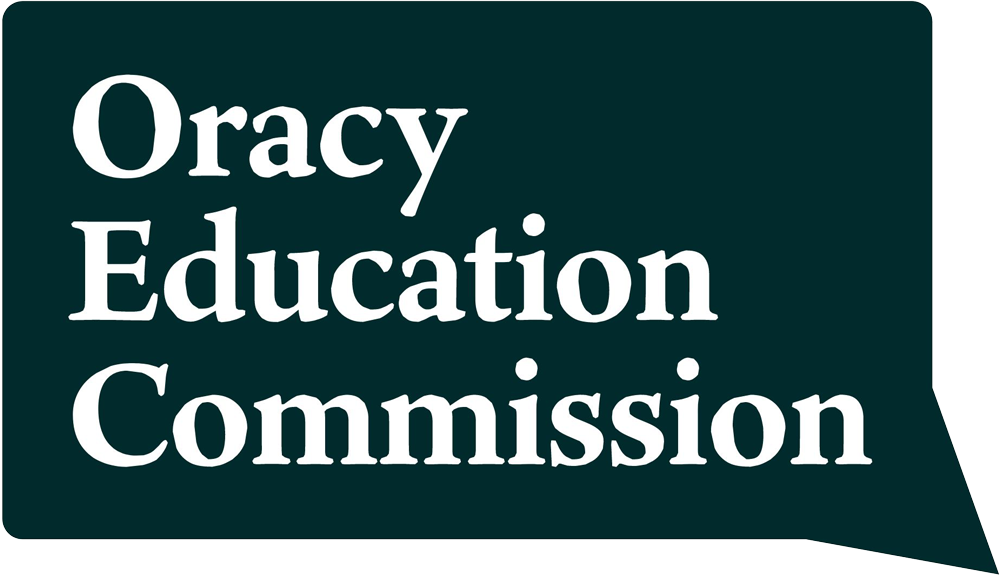
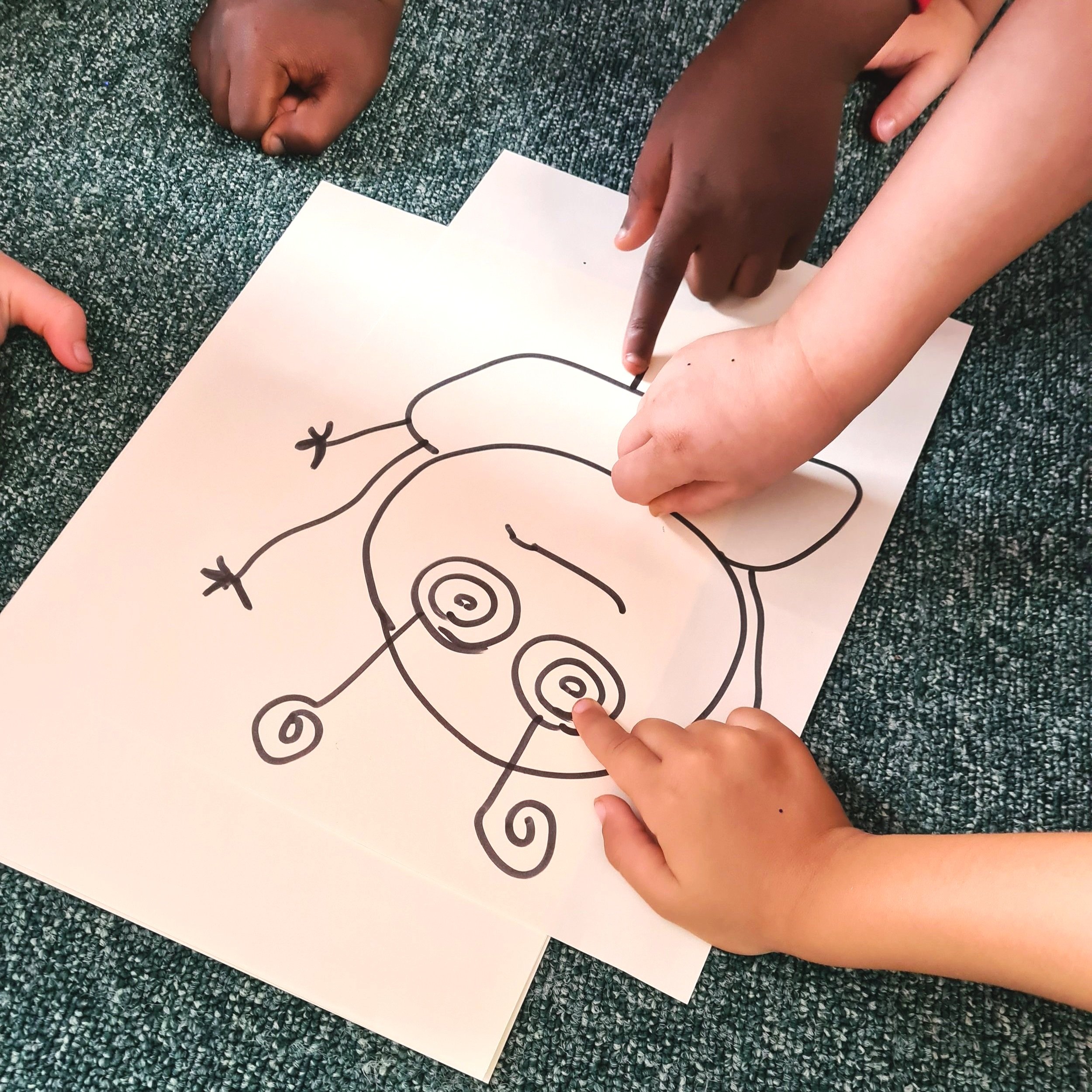
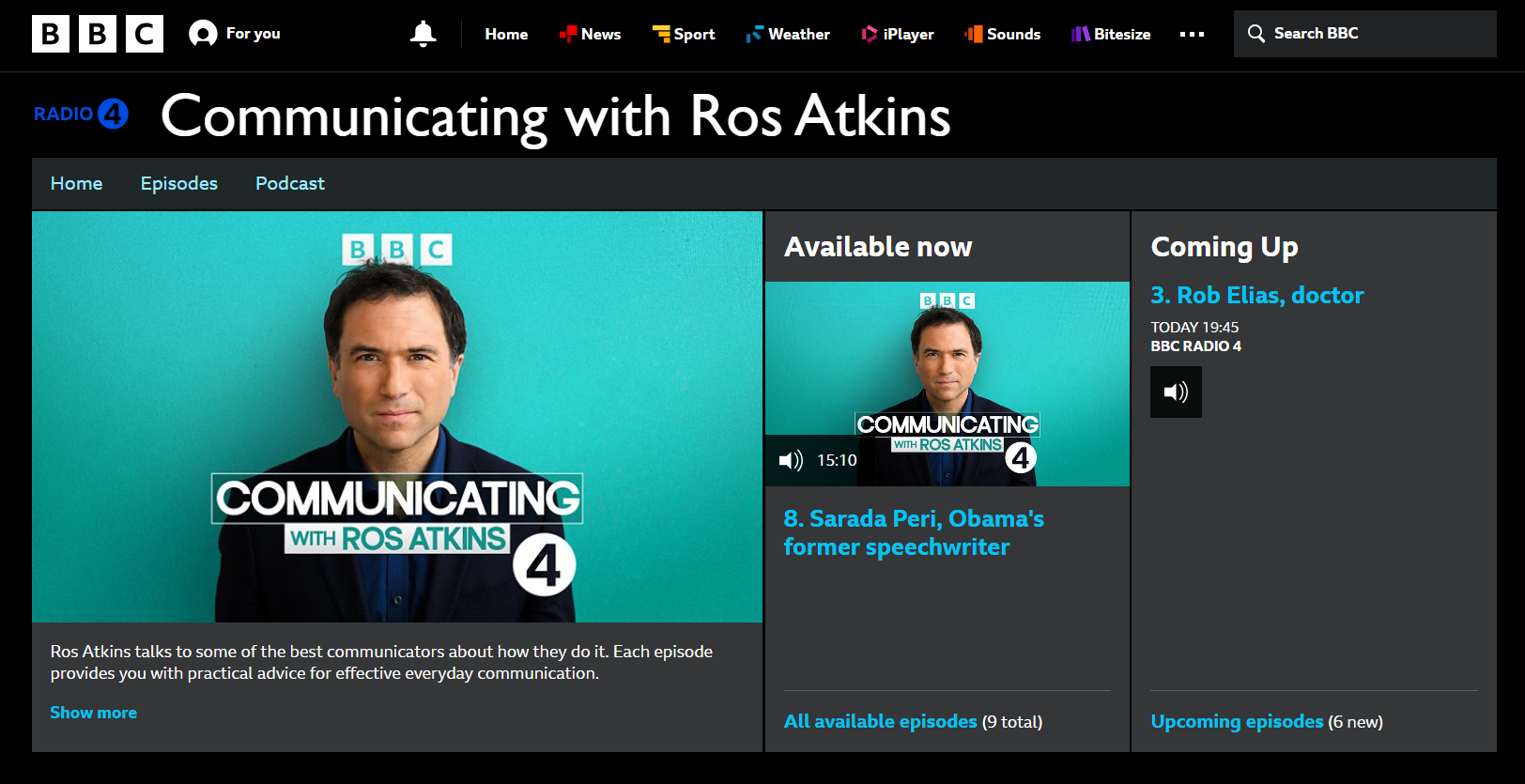


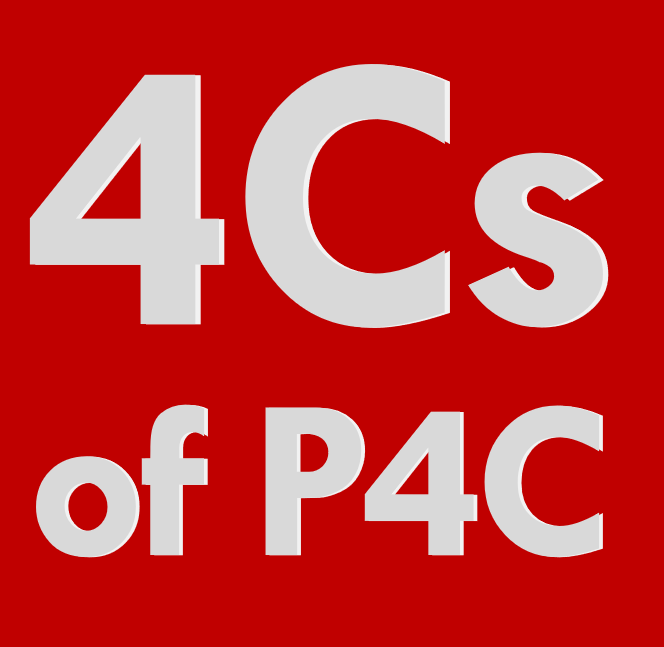

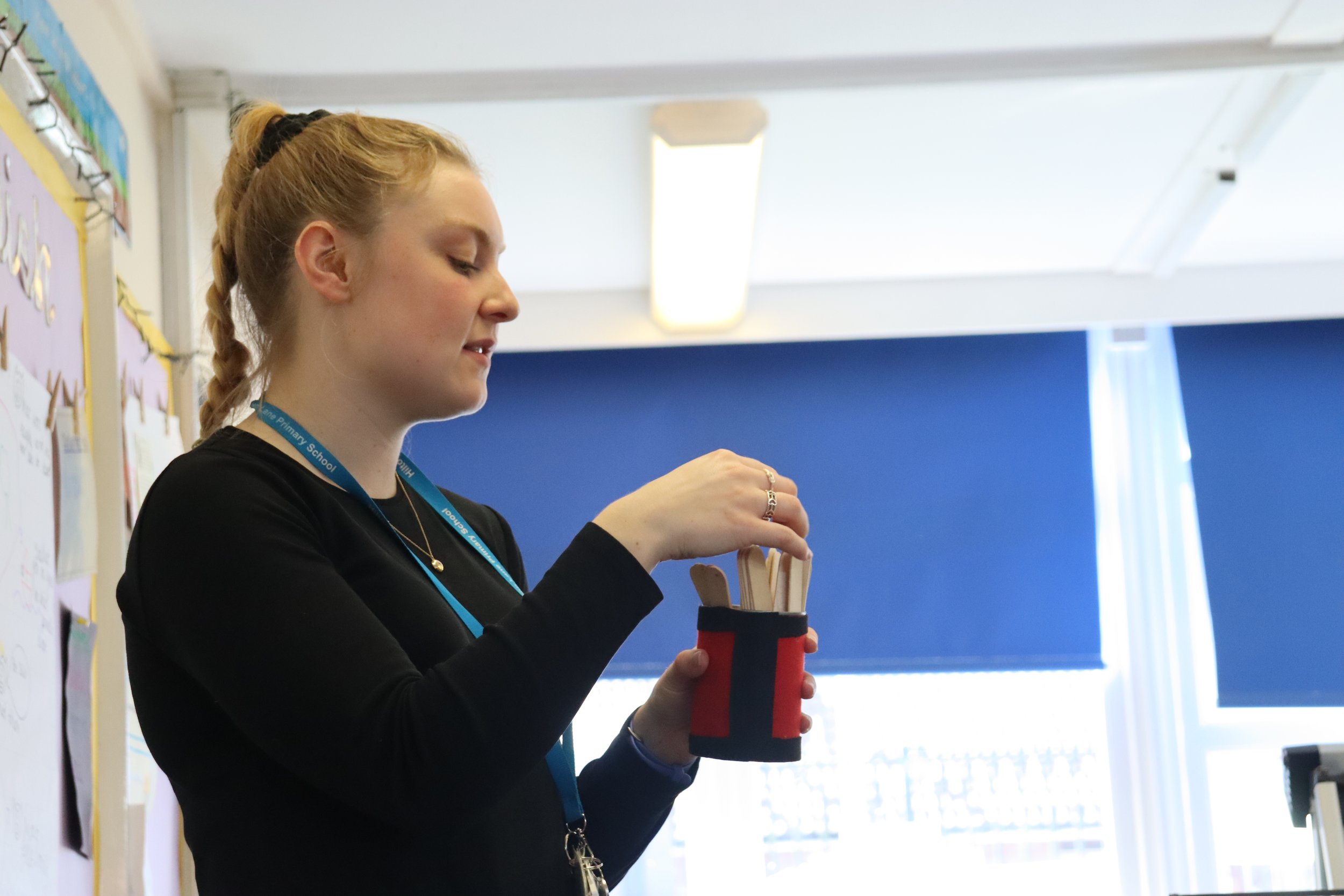
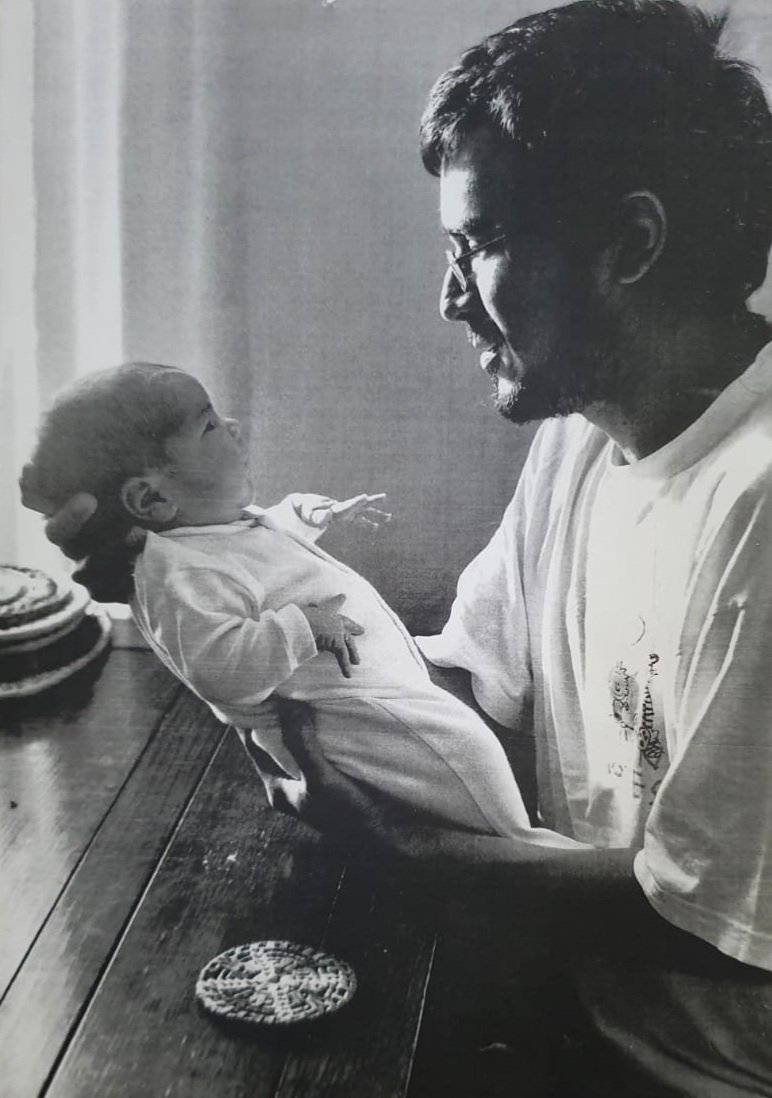

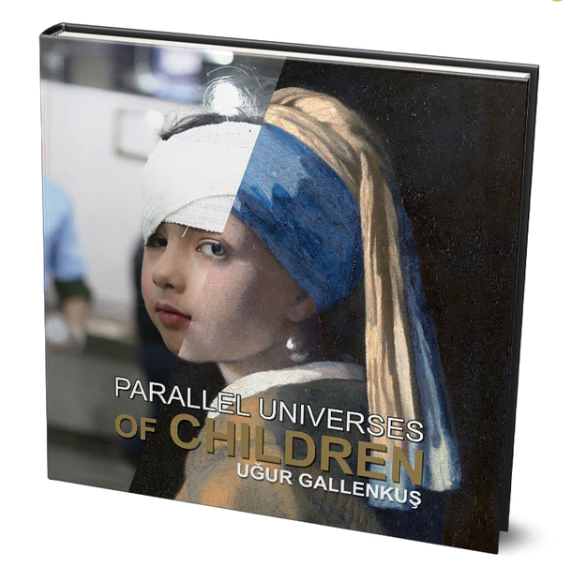





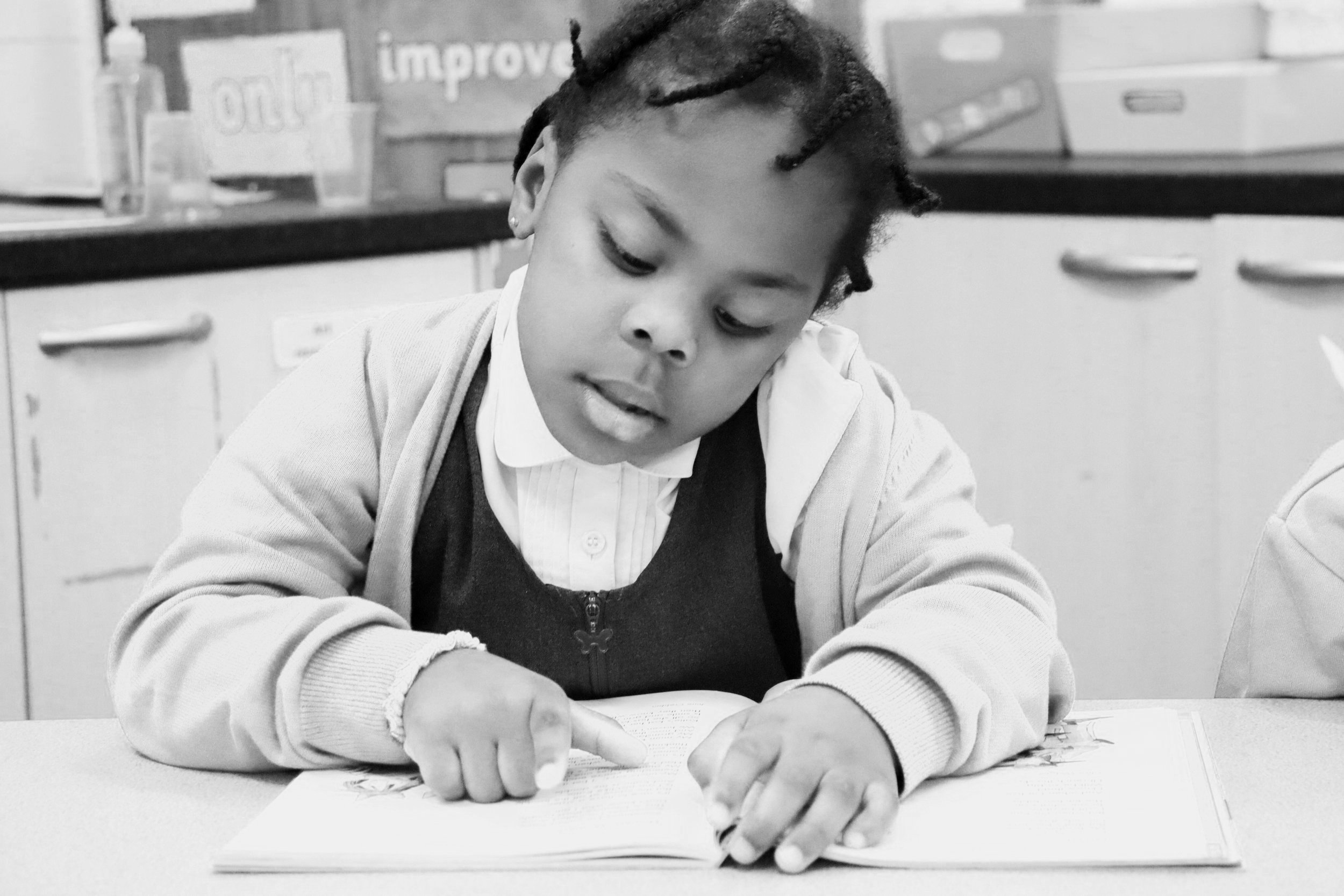


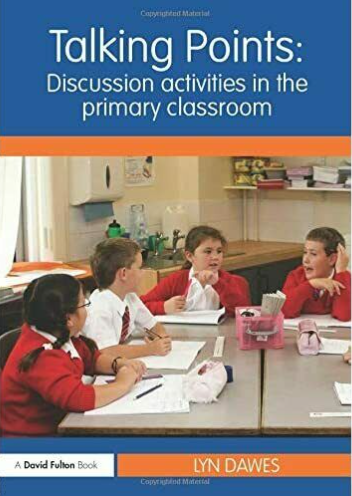
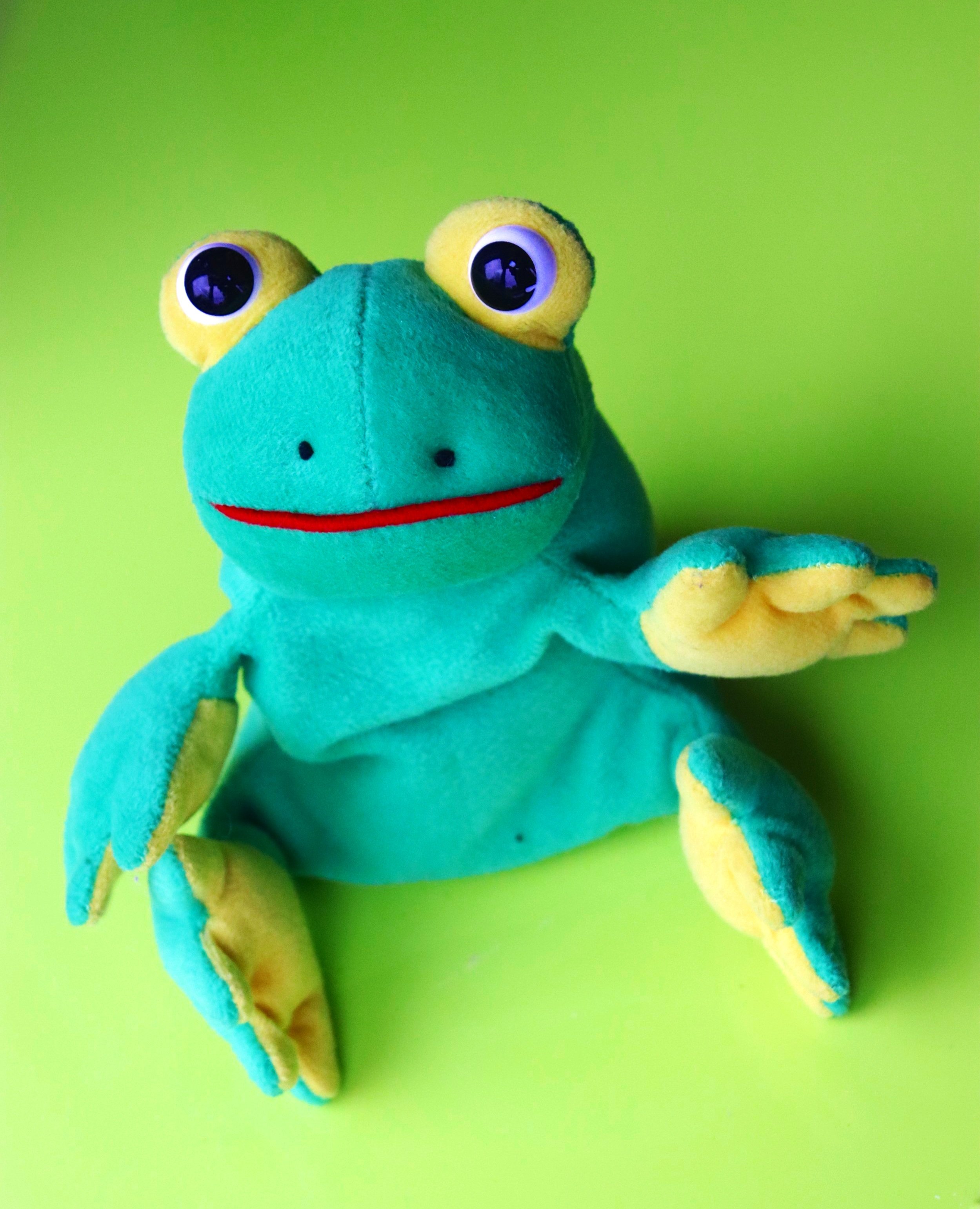
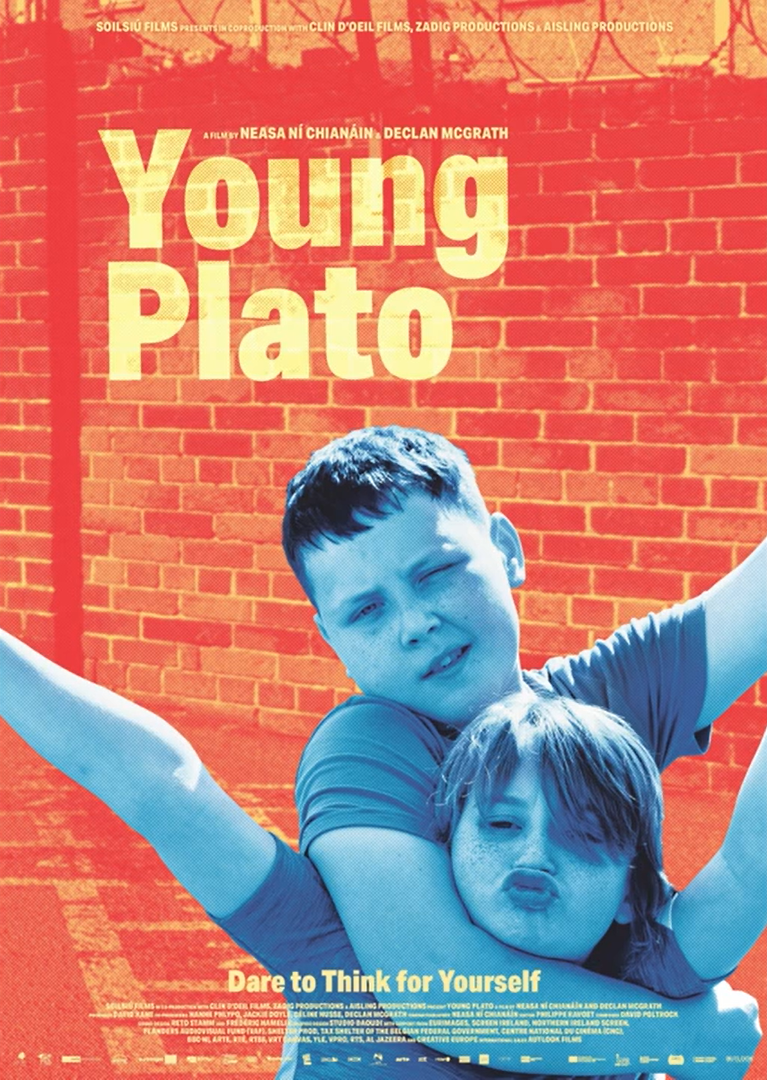
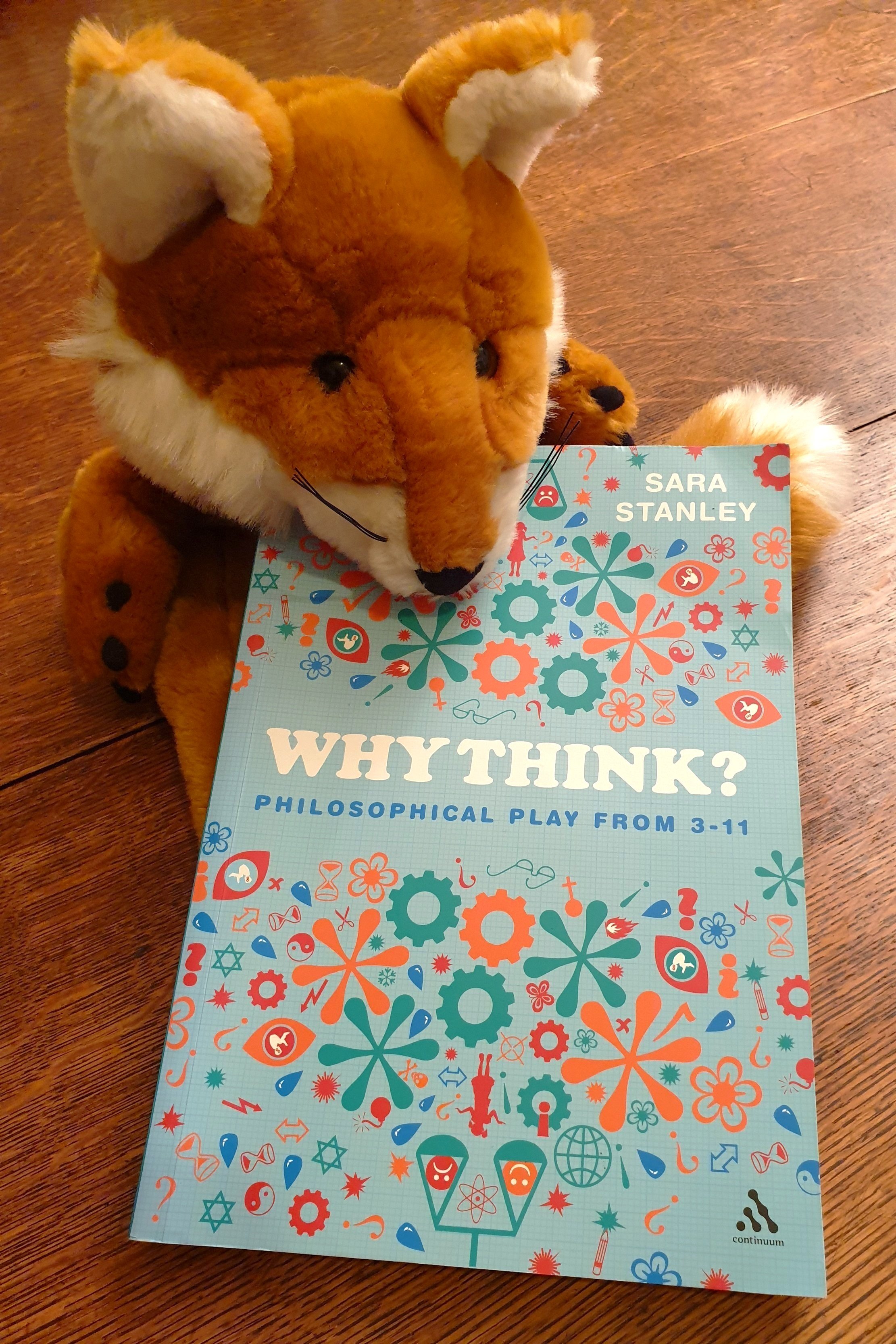


A fantastic, free resource to help your pupils develop their creative listening skills